Why do the heathen rage?
Written by H, Posted in Christian Living, Published Work
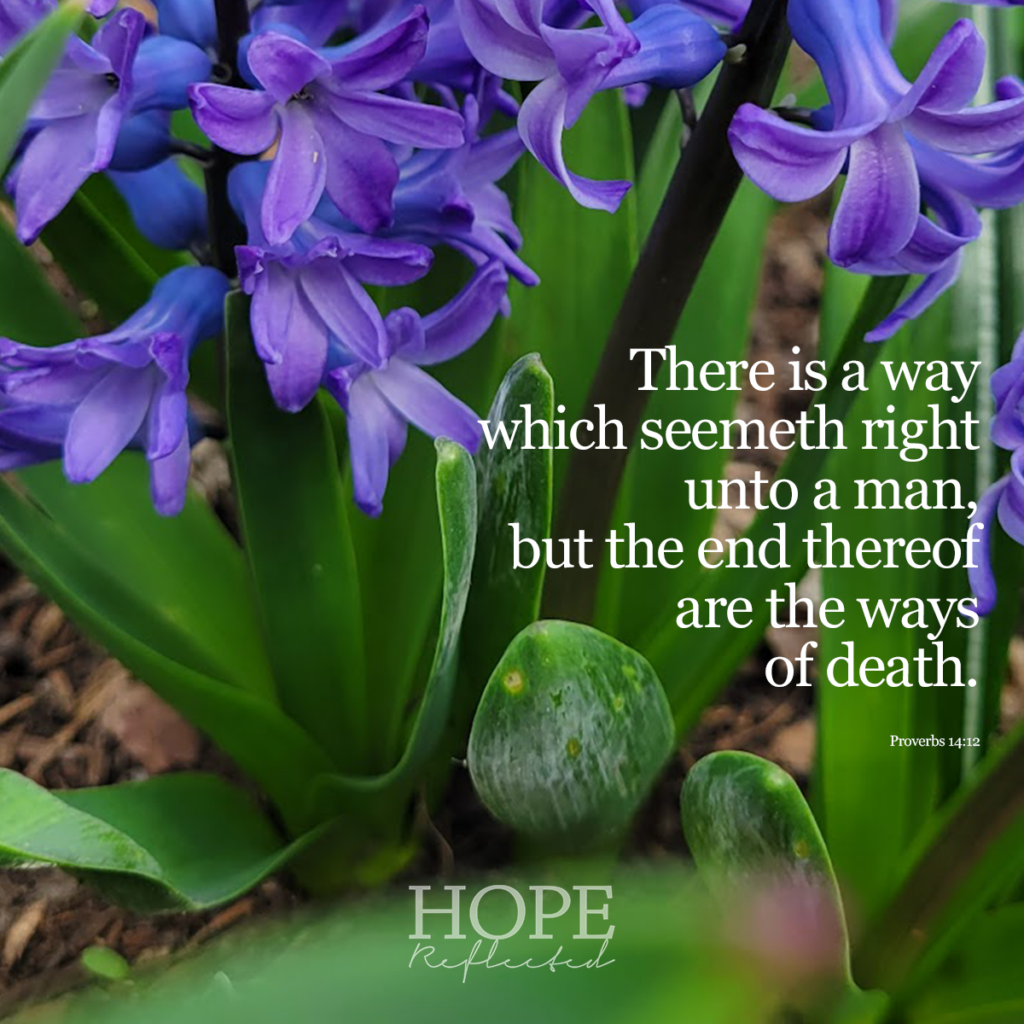
“And there happened to be there a man of Belial, whose name was Sheba, the son of Bichri, a Benjamite: and he blew a trumpet, and said, We have no part in David, neither have we inheritance in the son of Jesse: every man to his tents, O Israel. So every man of Israel went up from after David, and followed Sheba the son of Bichri:” (2 Samuel 20:1-2).
Just when it seemed that things couldn’t get any worse for David, he was faced with a rebellion, led by Sheba, a man of Belial and the son of Bichri. It seemed as though things would never go right for David. On the heels of one uprising, Sheba caused another, and quickly new allegiances were formed: The men of Israel followed Sheba; the men of Judah followed David.
Rebelling against God
Upon reading through 2 Samuel, Sheba doesn’t appear to be a significant character in the life of David. He’s mentioned a few times near the beginning of chapter 20, and then disappears until the end of the chapter, when his head gets cut off and thrown out of the city to Joab (vv. 21-22). Why should such a minor character matter at all? There’s a greater lesson here. Rather than follow David and submit to his leadership, Sheba opted to go his own way, and he took others with him. Maybe that doesn’t seem like a big deal, but upon realization that David was God’s anointed, Sheba was really rebelling against God.
When people rage
David wrote in Psalm 2, “Why do the heathen rage, and the people imagine a vain thing? The kings of earth set themselves, and the rulers take counsel together, against the LORD, and against his anointed…” (vv. 1-2). Whether in ancient times or present day, there’s no denying the damage and discouragement that result when people rage, and when they live only for themselves. Raging for “the right” to kill a baby in the womb, right up until birth, or raging on other people because they have a different opinion.
No question at all to Him
While we deal with all kinds of rage here on earth, Psalm 2 continues, “He that sitteth in the heavens shall laugh: the LORD shall have them in derision.” (v. 4). The things that work us up here, that make us question God’s purpose, or how or why things are going the way they are, are really no question at all to Him. Matthew Henry wrote that “Sinners’ follies are the just sport of God’s infinite wisdom and power; and those attempts of the kingdom of Satan which in our eyes are formidable in his are despicable.”
“There is a way which seemeth right unto a man,
Proverbs 14:12
but the end thereof are the ways of death.”
Sheba’s rebellion, while it was worrisome for David, was of no matter to God. Sheba met a tragic end, hunted by David’s army and having his head cut off (2 Samuel 20:21-22). We may think we know better than God or that we have a better way than His, but in the end, it will only lead to our demise. “There is a way which seemeth right unto a man, but the end thereof are the ways of death.” (Proverbs 14:12).


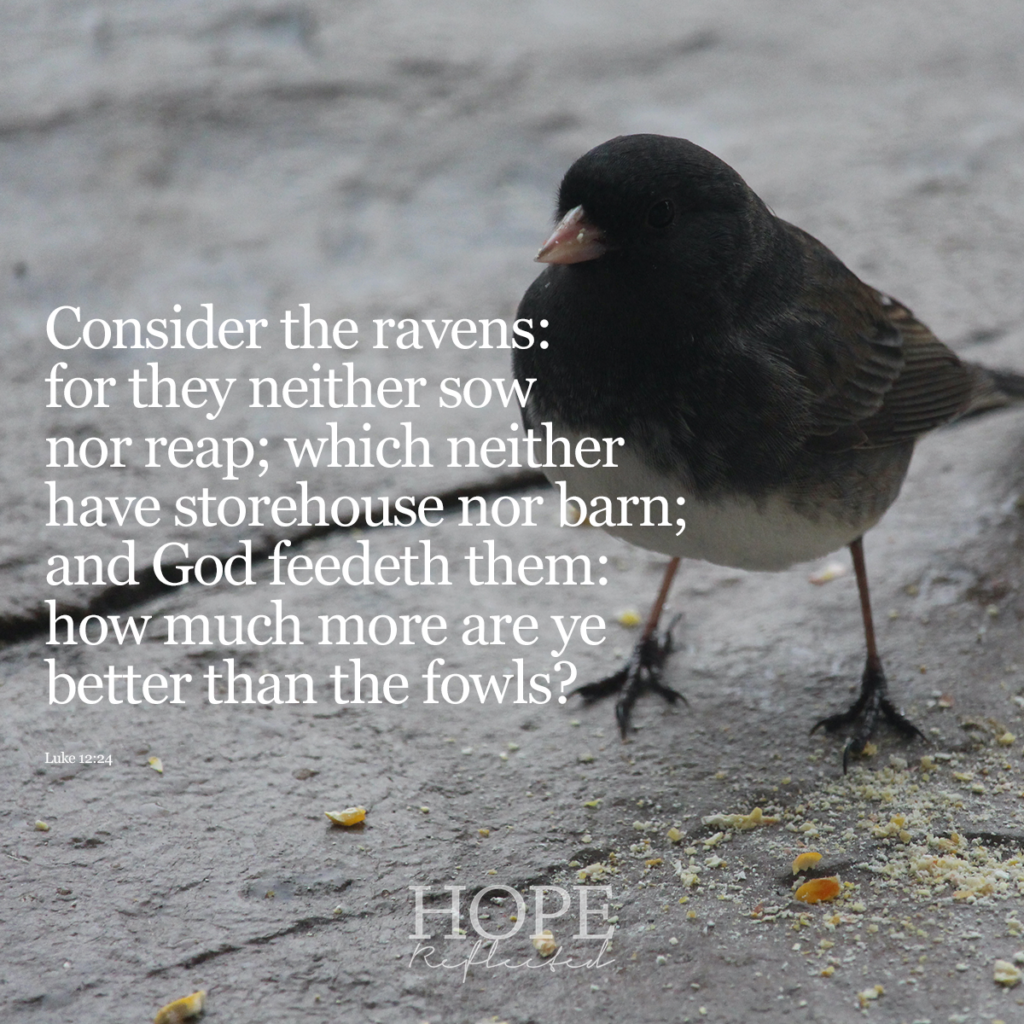
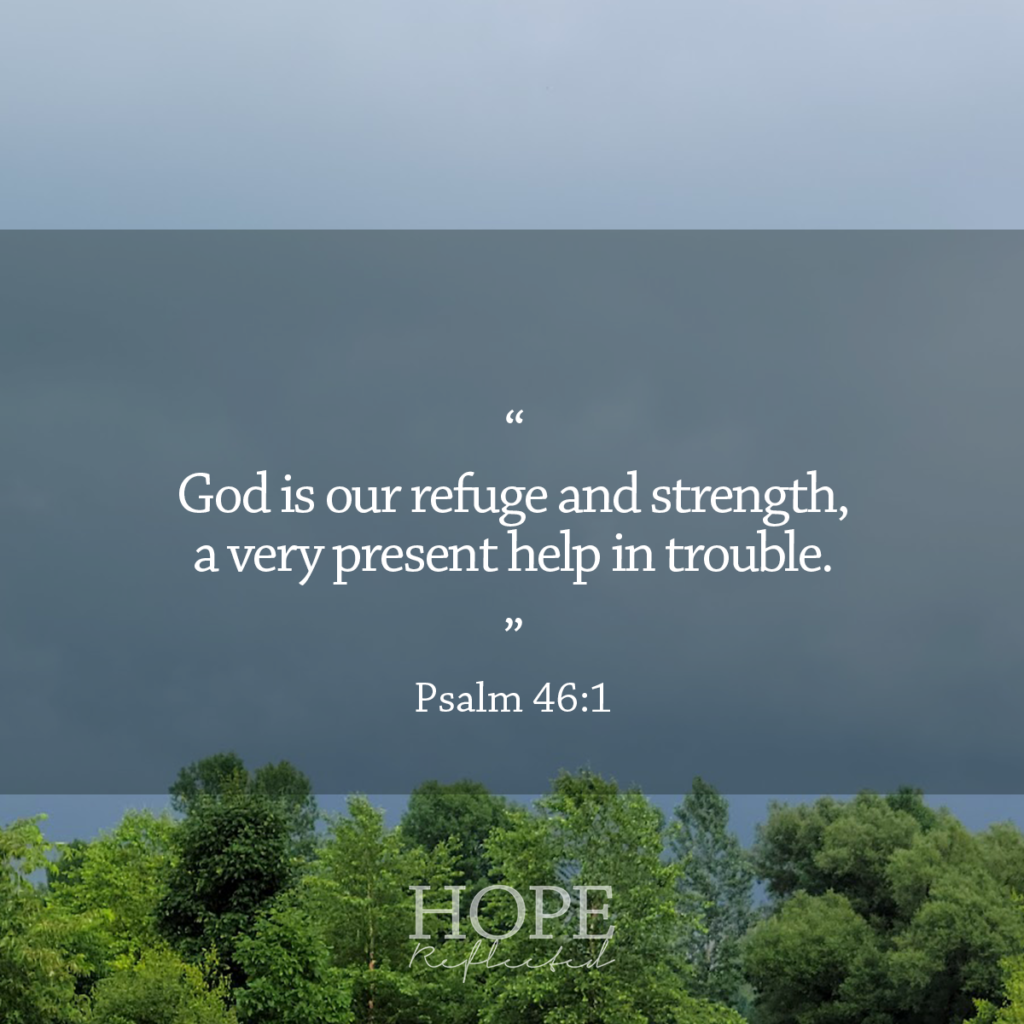


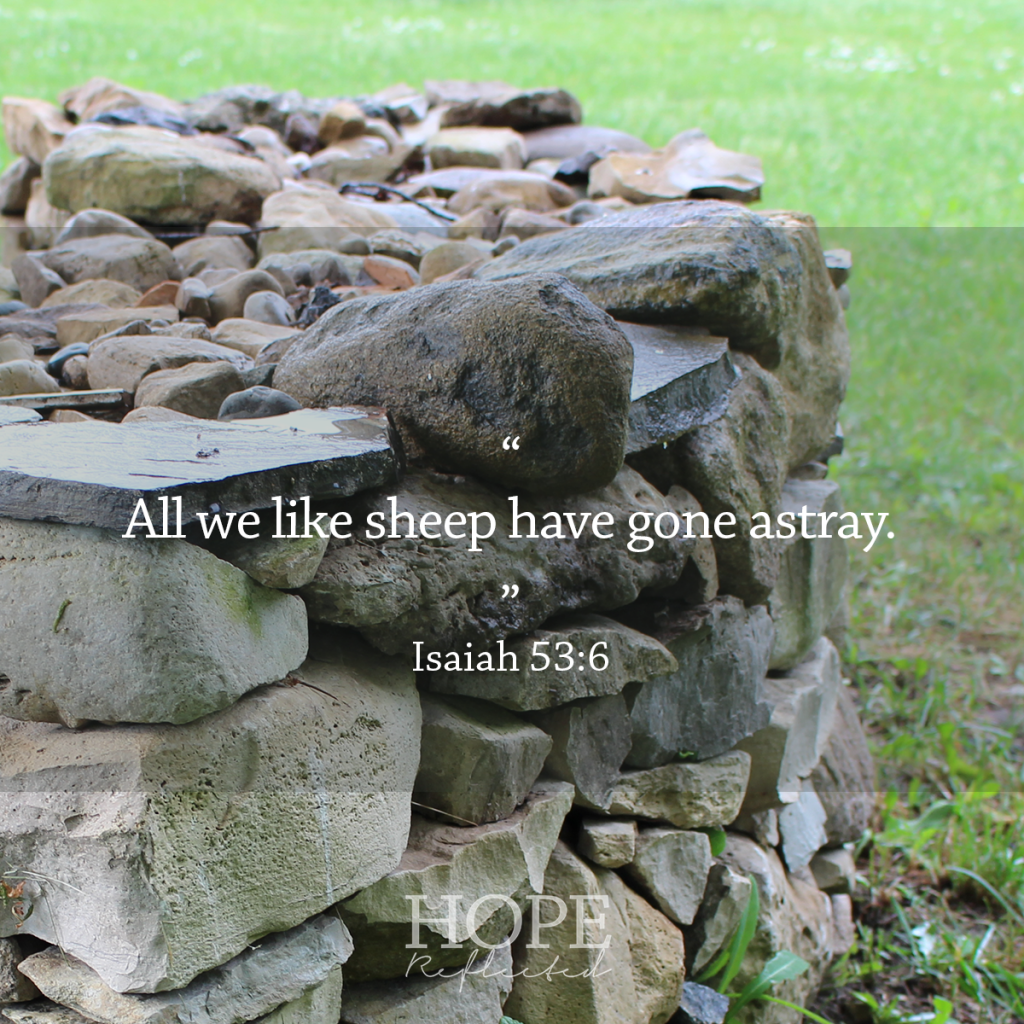

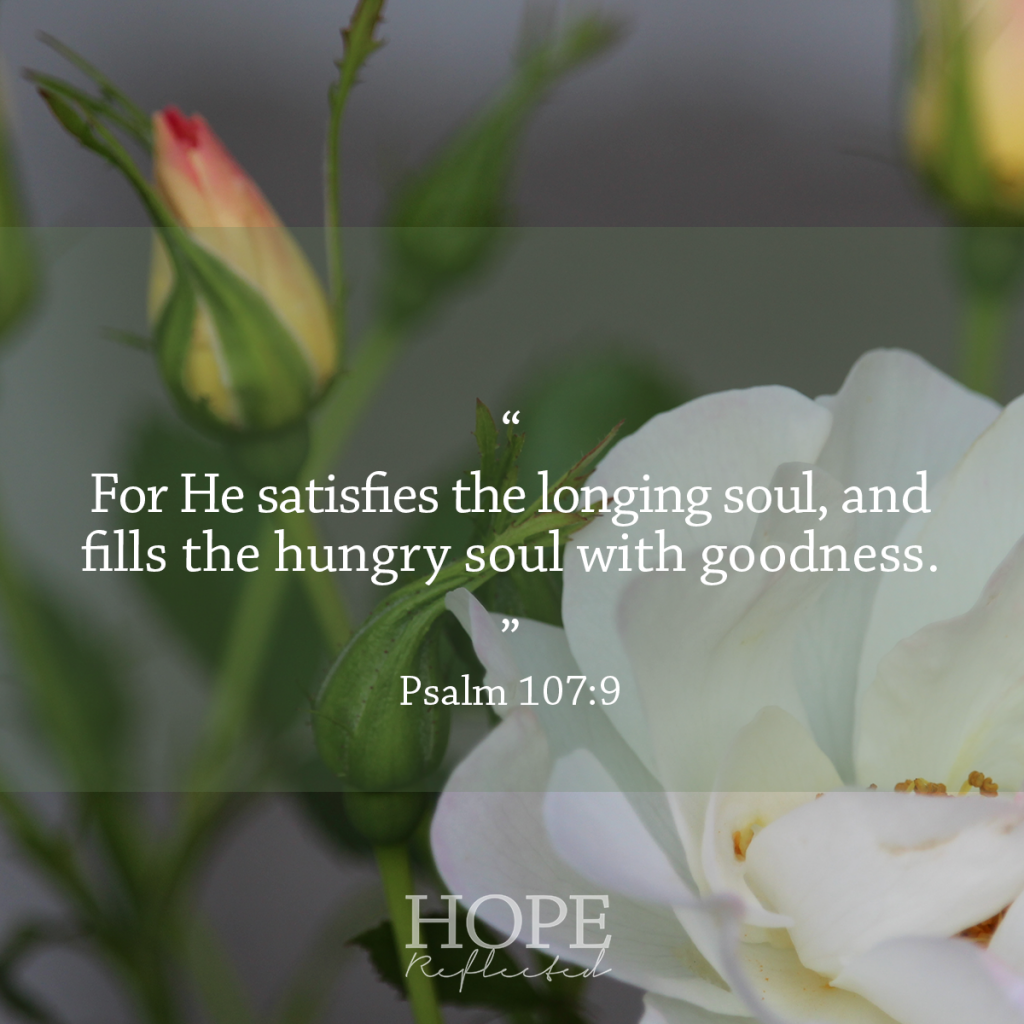
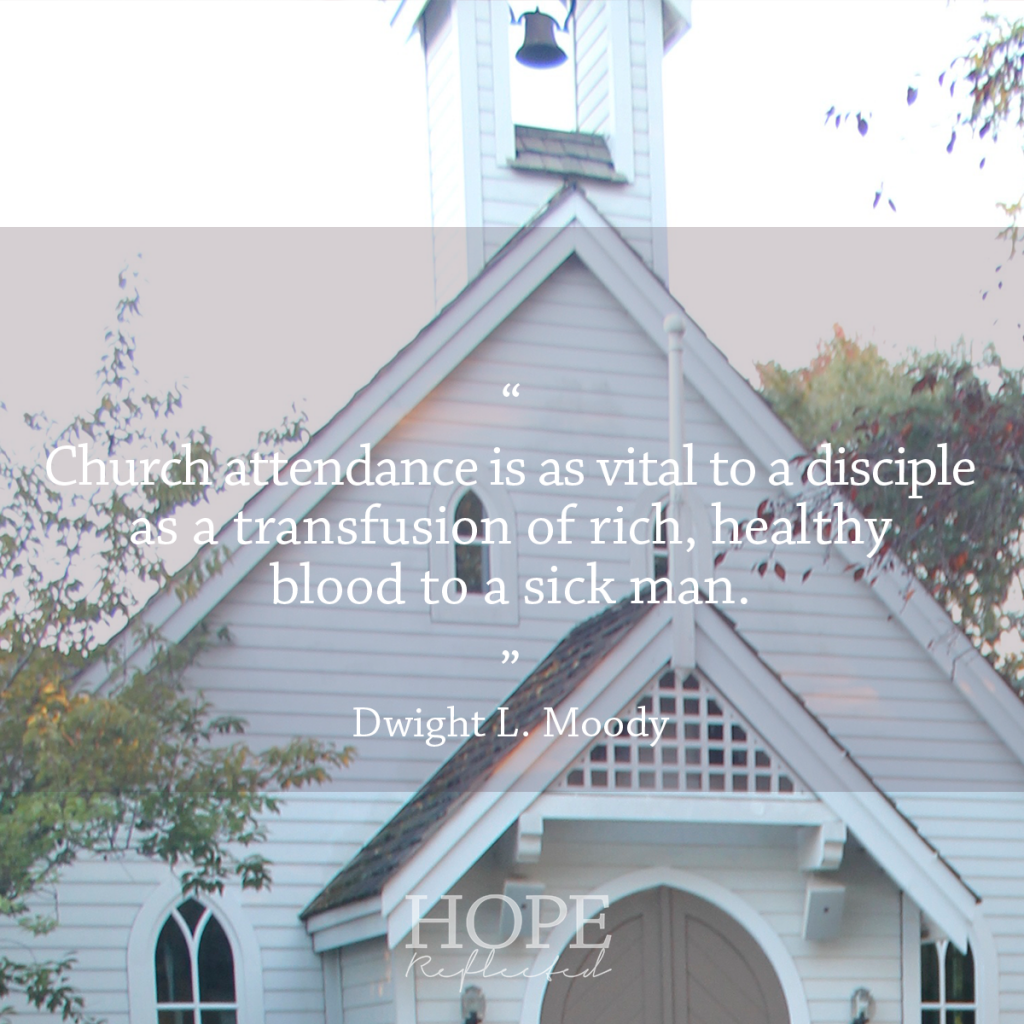

![False friends or counterfeit kindness; whatever you want to call it, the world is filled with people who will say one thing to your face and then another behind your back; people who will woo you in order to get something from you.
It’s sad, but it’s true.
The Bible provides us with examples from Joab to Judas, and yet, we’re surprised when we find ourselves deceived and hurt by someone else.
So what are some of the hallmarks of a true friend?
You can read more about this on hopereflected.com [Link in profile]
.
.
.
#friends #friendship #kindness #counterfeitkindness #hurt #proverbs #truefriends #hopereflected #blog #blogpost](https://www.hopereflected.com/wp-content/plugins/instagram-feed/img/placeholder.png)